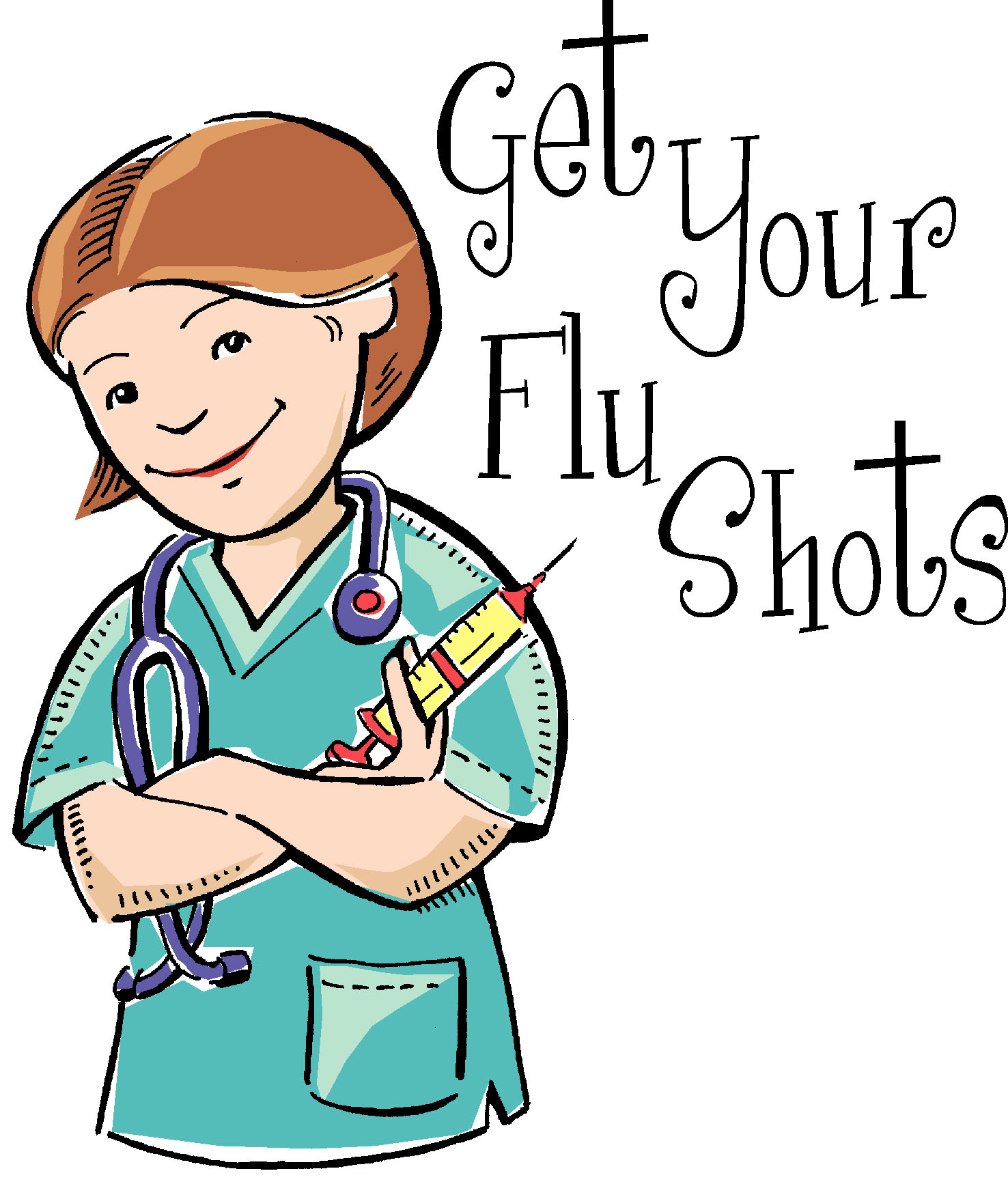- Home
- Medical news & Guidelines
- Anesthesiology
- Cardiology and CTVS
- Critical Care
- Dentistry
- Dermatology
- Diabetes and Endocrinology
- ENT
- Gastroenterology
- Medicine
- Nephrology
- Neurology
- Obstretics-Gynaecology
- Oncology
- Ophthalmology
- Orthopaedics
- Pediatrics-Neonatology
- Psychiatry
- Pulmonology
- Radiology
- Surgery
- Urology
- Laboratory Medicine
- Diet
- Nursing
- Paramedical
- Physiotherapy
- Health news
- Fact Check
- Bone Health Fact Check
- Brain Health Fact Check
- Cancer Related Fact Check
- Child Care Fact Check
- Dental and oral health fact check
- Diabetes and metabolic health fact check
- Diet and Nutrition Fact Check
- Eye and ENT Care Fact Check
- Fitness fact check
- Gut health fact check
- Heart health fact check
- Kidney health fact check
- Medical education fact check
- Men's health fact check
- Respiratory fact check
- Skin and hair care fact check
- Vaccine and Immunization fact check
- Women's health fact check
- AYUSH
- State News
- Andaman and Nicobar Islands
- Andhra Pradesh
- Arunachal Pradesh
- Assam
- Bihar
- Chandigarh
- Chattisgarh
- Dadra and Nagar Haveli
- Daman and Diu
- Delhi
- Goa
- Gujarat
- Haryana
- Himachal Pradesh
- Jammu & Kashmir
- Jharkhand
- Karnataka
- Kerala
- Ladakh
- Lakshadweep
- Madhya Pradesh
- Maharashtra
- Manipur
- Meghalaya
- Mizoram
- Nagaland
- Odisha
- Puducherry
- Punjab
- Rajasthan
- Sikkim
- Tamil Nadu
- Telangana
- Tripura
- Uttar Pradesh
- Uttrakhand
- West Bengal
- Medical Education
- Industry
Higher flu shots reduces the risk of influenza in elderly, says a new study

Elderly people who are given four times the standard flu shots are likely to develop stronger immunisation to influenza, as stated in a new study. It also reduces the risk of hospitalisation in older people.
More than 55, 000 people over 65 yrs of age were kept under observation as a part of the new research from 823 nursing homes in the US.
As a result, only 19.7 percent of the whole group which had taken the high dosage shot, required to take hospital admission. While the other group treated with normal vaccination had a higher percentage of people seeking hospital admission.
A one percent drop in hospitalisation would also translate into 1000's of people being treated normal, with the nursing homes sustaining a population of over 1.5 million residents.
According to the Centers for Disease Control and Prevention (CDC), the risk of hospitalisation is one in five during the flu season.
The residents were given influenza shots to help protect them from influenza during the period of November 2013 to March 2014.
"Flu in a nursing home population is a major cause of hospitalizations. In addition to pneumonia, flu can contribute to heart attacks, heart failure, and strokes, especially in an older nursing home population where it can easily spread among residents," the lead author of the study Stefan Gravenstein from Case Western Reserve University School of Medicine in Ohio, US.said.
The nursing homes in the study were randomly assigned to one of two groups as a care standard for influensa prevention, with either the regular dose of the influenza vaccine or the high dose vaccine as the care standard for their residents age 65 and older.
"In our study, for every 83 individuals receiving the high dose vaccine, a person was prevented from being hospitalised during the influenza season," Gravenstein pointed out.
The findings were presented at the Infectious Diseases Society of America meeting in San Diego, California, US.
More than 55, 000 people over 65 yrs of age were kept under observation as a part of the new research from 823 nursing homes in the US.
As a result, only 19.7 percent of the whole group which had taken the high dosage shot, required to take hospital admission. While the other group treated with normal vaccination had a higher percentage of people seeking hospital admission.
A one percent drop in hospitalisation would also translate into 1000's of people being treated normal, with the nursing homes sustaining a population of over 1.5 million residents.
According to the Centers for Disease Control and Prevention (CDC), the risk of hospitalisation is one in five during the flu season.
The residents were given influenza shots to help protect them from influenza during the period of November 2013 to March 2014.
"Flu in a nursing home population is a major cause of hospitalizations. In addition to pneumonia, flu can contribute to heart attacks, heart failure, and strokes, especially in an older nursing home population where it can easily spread among residents," the lead author of the study Stefan Gravenstein from Case Western Reserve University School of Medicine in Ohio, US.said.
The nursing homes in the study were randomly assigned to one of two groups as a care standard for influensa prevention, with either the regular dose of the influenza vaccine or the high dose vaccine as the care standard for their residents age 65 and older.
"In our study, for every 83 individuals receiving the high dose vaccine, a person was prevented from being hospitalised during the influenza season," Gravenstein pointed out.
The findings were presented at the Infectious Diseases Society of America meeting in San Diego, California, US.
Next Story


